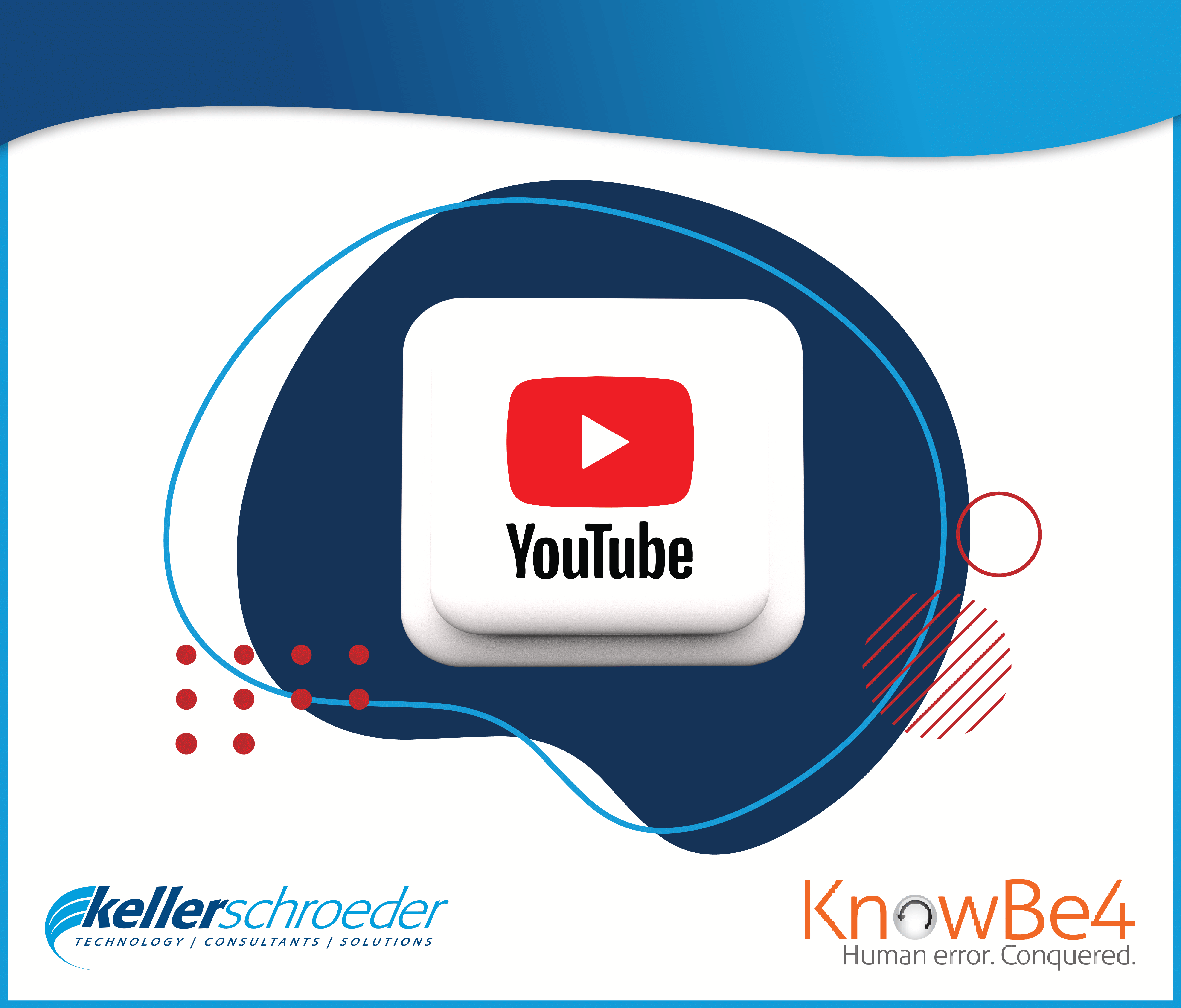The next generation of developers are going to drive the industry with enthusiasm to learn and unique perspectives.

I’m a Gen-Z data engineer. I’m finishing up my second year of working as a data engineer, and it has taught me quite a few lessons—some easy, some the hard way. Coming into the job, I knew very little about data engineering and data strategy as a whole. If you’re in the same position and need a place to start, here are five lessons I’ve learned through my journey into the data universe.
- Ask a lot of questions.
No, you aren’t being annoying. As a new individual in the industry, it’s our own responsibility to get up to speed, and ask questions to ensure we have all the necessary information to get the job done correctly. This goes for gathering requirements, for designing processes, and for meeting end users’ needs.
When asking questions, there is an imperative need to be concise and specific. All parties involved will work more fluidly if there is a common understanding of the project needs. Being clear and direct with questions can ensure you come up to speed quickly with the rest of the team.
2. Do your research.
Google is your best friend. Really. There are incredibly vast amounts of forums, articles, YouTube videos, and Wikipedia pages that are guaranteed to at least help you take the first step. And this goes for both technical and non-technical situations. For example, if someone drops phrases like “spring chicken” or “MVP” (not Most Valuable Player), a quick and pointed search can help you gain intelligible insight for the next meeting with the seasoned colleagues. Just be sure to reference #1 above by asking those pointed questions to fact check what is uncovered through your research.
3. Learn logic and processes—not tools.
Asking “Why?” instead of “What?” gives you the power to not only understand the problem at hand, but to retain and apply those thought processes beyond the current task. If you know Azure Data Factory like it is second nature, but a new project requires development in TIBCO BusinessWorks, being able to intelligently speak to high-level logic and best practices becomes invaluable. It allows you to expand your agnostic skillset and flexibility.
4. Think outside the box.
There’s no such thing as a stupid idea. (Although if it is a stupid idea, own it). We’re the next generation of developers that are going to drive the industries, so don’t hesitate to speak your mind. It’s understandable if a business has been running Process A, but what if we looked at doing Process B instead? Even though it may not be implemented, it may trigger a series of new, fresh ideas which might just be what the business needs.
We’re the next generation of developers that are going to drive the industries, so don’t hesitate to speak your mind.
5. Trash in, trash out.
No amount of engineering, transformations, cleansing of data will help if it’s already bad quality. The source may or may not be in your control but understanding that can save a lot of time and frustration. Working with the business to gain a deeper understanding of why, how, where, who, and when can provide insight to both you and the business about the best next steps .
Being a young developer in the tech industry can be daunting, and sometimes we don’t know what we don’t know. But our enthusiasm to learn, paired with our unique perspectives, certainly brings a new light to the ever-growing need for data.
Written By:

Shreeja Shrestha
Data Engineer
Data Strategy Group




